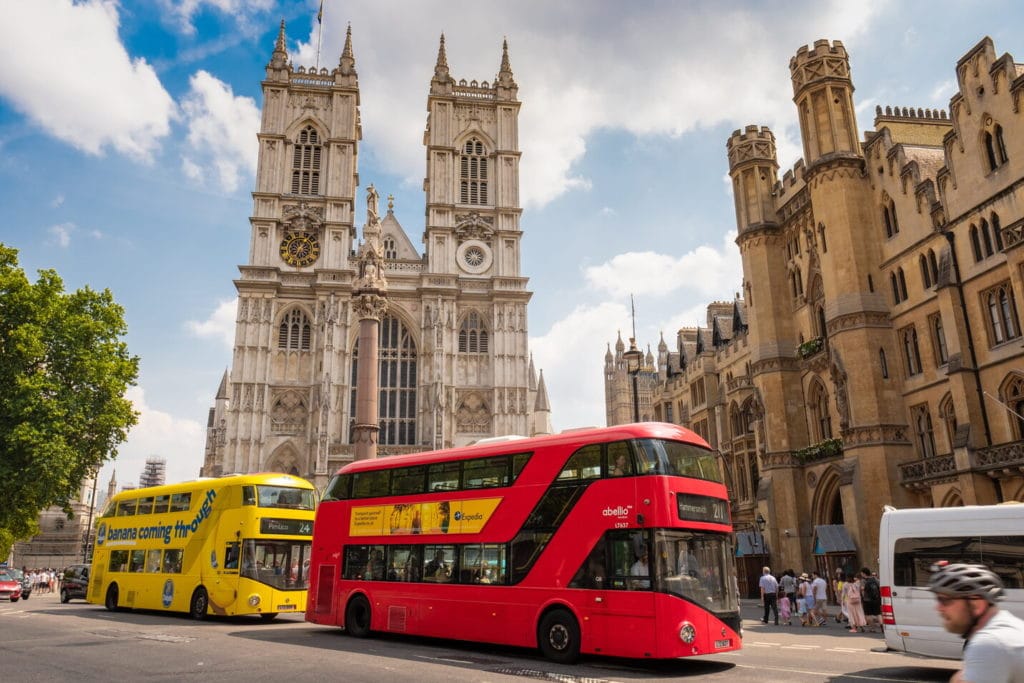The UK Government unveils long-awaited transport decarbonisation plan and sets a goal of banning all new diesel and petrol lorries in the country by 2040, along with a range of other policies to decarbonise transportation by 2050. These new decarbonisation goals coincide with the slew of new legislation and policies introduced under the EU Green Deal to reach net-zero emissions by 2050.
—
What is Happening?
- Transportation accounts for almost a quarter of total greenhouse gas emissions in the UK in 2019, and has long been identified as one of the largest contributors to carbon emissions.
- In a newly published transport decarbonisation plan, Britain targets to end the sale of all new polluting – diesel and petrol – cars and vans by 2030, and banning all new hybrid cars by 2035.
- Britain proposed a more ambitious target for domestic aviation and aims to reach net zero emissions by 2040. However, the plan makes no mention of restricting nor capping the number of flights. Instead it relies on the invention of potential new technologies or low-carbon aviation fuels, which are not currently available at scale.
- Likewise, a net zero rail network is hoped to be achieved by 2050 and a transition towards greenshipping.
- The government is also committed to electrifying all government cars and vans by 2027 and laying groundwork to increase demand for electricity systems. UK hopes for all private electric vehicles (EVs) charge points to meet smart charging standards. Transitioning to smart technology can help consumers save money on energy in the long run.
- The plan’s publication has been met with several delays following a number of public consultations, and is currently subject to further consultations with other sectors including aviation and maritime shipping.
- In the so-called “greenprint”, the UK continue working on a roadmap to “[improve] public transport, increasing support for active travel so mass transit and cycling and walking play a bigger role than ever”.
In a written statement to parliament, Transport Secretary Grant Shapps said: “The plan published today is genuinely high ambition – technically and feasibly – for all areas of transport and notes that decarbonisation will rely, in part, on future transport technology, coupled with the necessary behavioural and societal change.” Shapps adds that Britain is the first country to set up a comprehensive plan to decarbonise transportation, and hopes to lead the way as the country hosts the COP26 in late 2021.
You might also like: How to Make Deep Decarbonisation A Reality


















